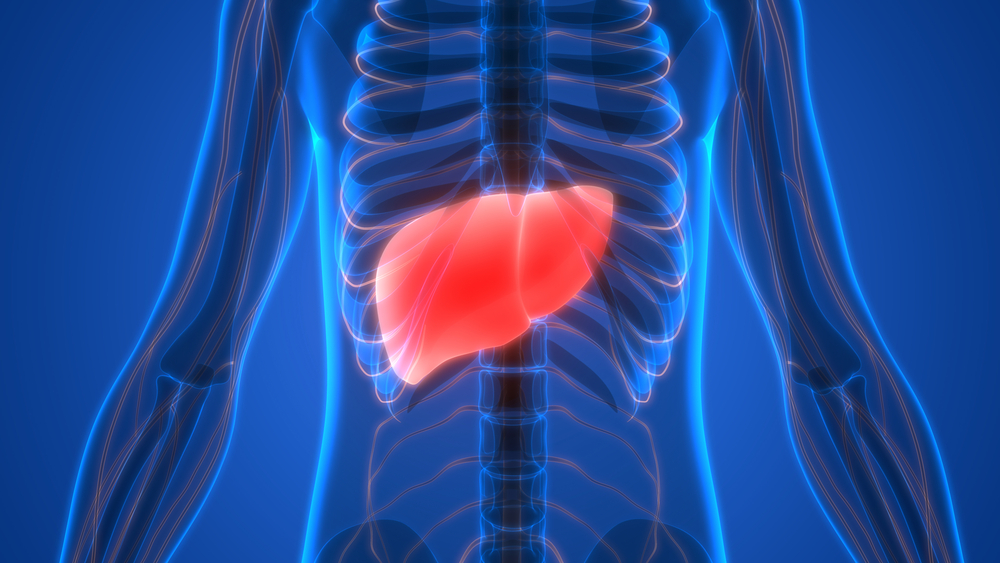Chemo, Immunotherapy Combo May Help Fight Liver Cancer, Study Says
Written by |

Combining the chemotherapy agent Sutent (sunitinib) and immunotherapy may be a promising strategy to fight hepatocellular carcinoma, the most common type of liver cancer, according to a recent animal study.
The findings were published in the Journal of Hepatology in a study titled “Successful Chemo-Immunotherapy Against Hepatocellular Cancer In A Novel Murine Model.” The study was led by Guangfu Li, PhD, of the University of Missouri School of Medicine.
“The current drug approved by the U.S. Food and Drug Administration to treat hepatocellular carcinoma only increases the average survival of patients by about three months,” Kevin Staveley-O’Carroll, MD, PhD, and the study’s senior author, said in a news release. “While any extension of life is valuable, our research team is developing a new therapeutic strategy that might extend and improve the quality of life for these patients.”
Using mice with human hepatocellular carcinoma, researchers investigated the effect of combining Sutent with immunotherapy (treatment with antibodies that help the immune system fight cancer cells) compared to that of both therapies alone. Over a period of four weeks, tumors in mice treated with Sutent grew 25 times larger, and in mice treated with an anti-PD-1 immune checkpoint inhibitor, tumors grew slower, and were 15 times larger.
However, mice who received a combination of Sutent and an anti-PD-1 antibody showed even slower tumor growth, with tumors growing only 11 times larger. This result showed that the Sutent plus immunotherapy combo had a toxic effect on cancer cells. Still, little is known about this combination and more studies are necessary to understand and confirm whether this strategy may become a promising new tool to fight liver cancer.
“Our results show that a combined chemo-immunotherapeutic approach can slow tumor growth in mice more effectively than either individual treatment,” said Guangfu Li, the study’s leading author. “This innovative combination promotes an anti-tumor immune response and better suppresses growth of the cancer. Our findings support the need for a clinical trial to test whether this could become a cost-effective treatment that could help improve the lives of patients with liver cancer.”
Hepatocellular carcinoma is responsible for approximately 90 percent of all primary liver cancers. Risk factors include cirrhosis, chronic hepatitis B and C, and smoking.


